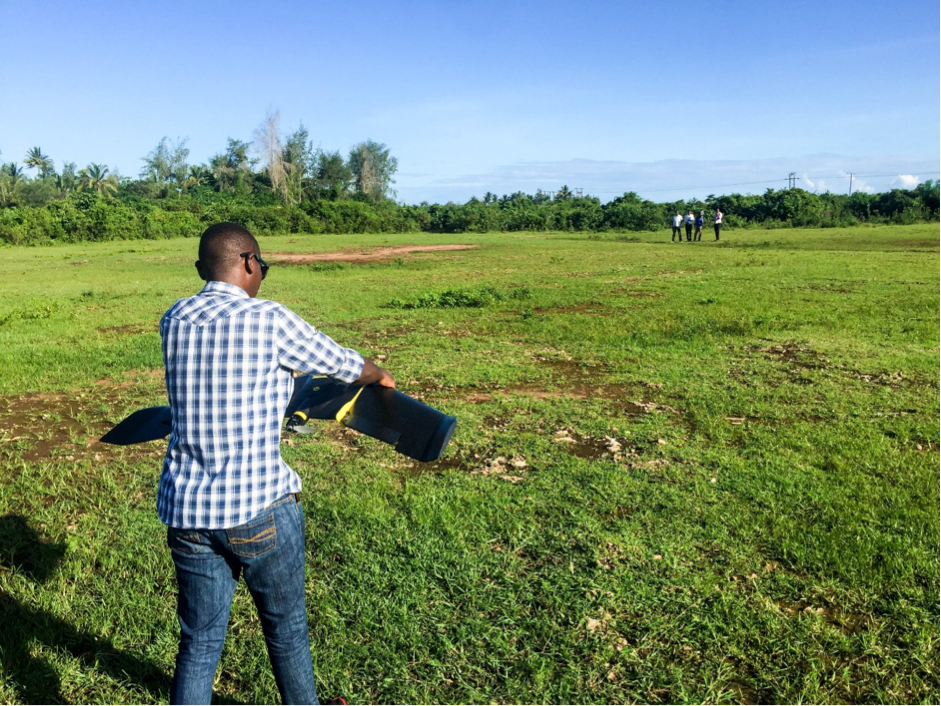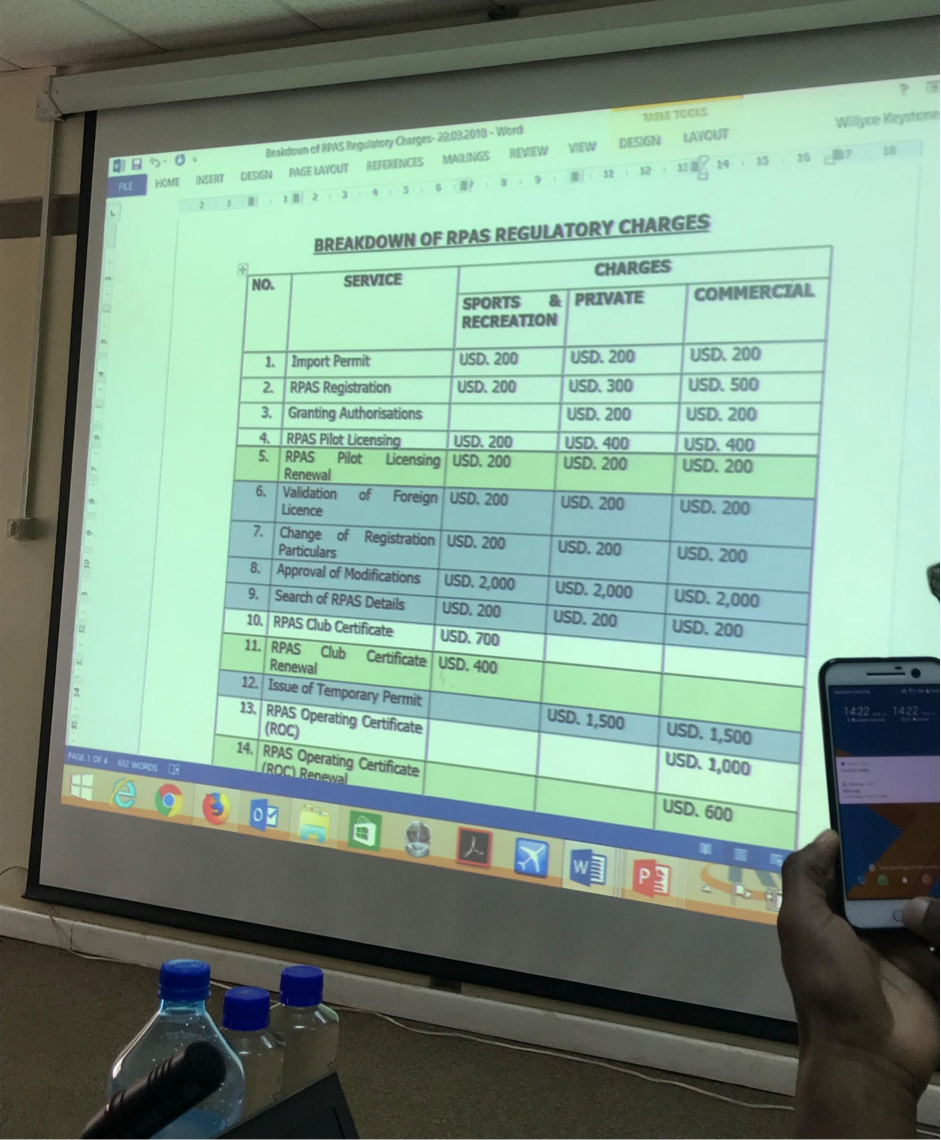
Kenya Flying Labs Takes Off!
The team is keen to integrate, support and promote the use of drones for humanitarian good.
June 27th, 2018
Authored by Cleopa Timon Otieno, Coordinator of Kenya Flying Labs
Kenya has made great strides in the UAV sector that will ensure it’s not left behind by the drone technology benefits the rest world already enjoying. Neighbouring countries in East Africa where Tanzania and Rwanda have notably had tremendous progress in use and promotion of UAVs. Tanzania Flying Labs (TFL) and ZipLine in Rwanda are involved in life saving projects ranging from disaster response and management, UAV training, mapping to delivery of light weight critical medical supplies during emergencies.
Kenya Flying Labs (KFL), an affiliate of the WeRobotics Flying Labs network is gearing up for major operations especially around humanitarian action in the country, currently working to build partnerships and setup base. KFL is keen to integrate, support and promote the use of drones for humanitarian good. We are in the process of acquiring appropriate licences from the Kenyan Civil Aviation Authority to import and operate various types of drones aimed at saving and improving lives in the country. Some of the work we are already gearing up for include, mapping of forests in the country to produce new data that will help improve forestry in the country, building capacity of forest rangers to use drones for surveillance of forests to manage illegal activities inside forests, light cargo deliveries of medical supplies during emergencies in partnership with organizations such as Kenya Red Cross and capacity support (training) of organizations and individuals keen on using the drone technology improve their work in various sectors such as Agriculture, Health and Environment.

A participant during the drone’s pilot training for social good in Zanzibar by WeRobotics and TFL
Kenya Flying Labs is starting operations at a time when Kenya Civil Aviation Authority has released the Remotely Piloted Aerial Systems (RPAS) regulations that will ensure the sector is regulated and conforms to the law. This has been the best news for us and other drone operators in Kenya. There however have been several concerns around the regulation, most notable being the cost to operate drones once brought in the country. KCAA however, maintains that these shortcomings of the new law were expected this being a new industry but will be revised to enable more friendly regulations that will be at the forefront of promoting the UAV industry. Recently at a workshop organised by UNFPA Somalia at the UN Headquarters in Nairobi, KCAA officials who participated indicated that the regulations will indeed undergo amendments to help nature and grow the sector, rather than pull it down.

RPAS charges in Kenya by KCAA
Use of drones for humanitarian good do not feature in the regulations as of now, however it has come to the regulators realization that it needs to be considered owing to the direct benefits that UAVs have on humanitarian support. Currently there are three categories of drone users outlined by the regulator, these include; recreation, private and commercial. All three categories have specific regulations that apply to them. The Kenya Civil Aviation Authority has made it mandatory for anyone who owns a drone in Kenya to register it with them within six months.
KFL has plans to offer drone services angled towards humanitarian action, these will be mainly services that respond to issues like floods disaster mitigation, town/city planning, health in terms of drone cargo deliveries of medical supplies and environmental targeting projects that help conserve the environment. One of the exiting projects we are currently discussing is to help map out forests in Kenya to help Kenya Forest Services come up with new data on forests. Such data will include actual sizes of forests, illegal activities such as logging and farming within the forests, capacity support to forest rangers to be able to monitor and manage forests using UAVs among other benefits.
Category(s)
Recent Articles
View All »

Fixed-Wing, Rotary-Wing, and VTOL Drone Training with Japan Flying Labs
